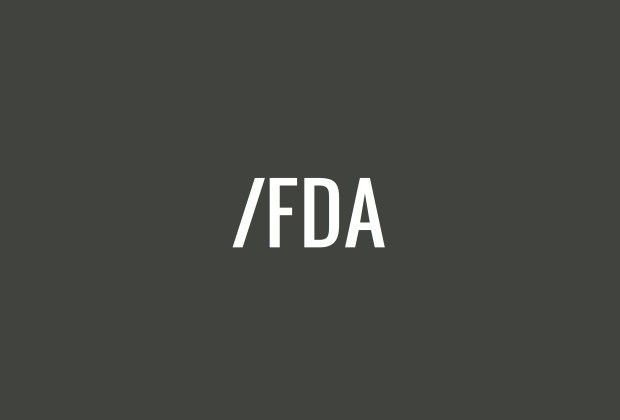After multiple delays, the premium cigar industry has filed its brief opposing the government’s appeal of the decision in Cigar Association of America et al. v. United States Food and Drug Administration et al., the nearly eight-year-old lawsuit over FDA’s regulation of premium cigars.
Last August, this lawsuit resulted in a major victory for the cigar industry when Judge Amit P. Mehta ruled in favor of the three cigar trade groups that filed the case, finding that the FDA failed to properly evaluate comments submitted to the agency prior to the enacting of the deeming rule. This meant that cigars that meet the definition of “premium cigars”—large handmade cigars that are not flavored—were no longer subject to FDA’s deeming regulations, such as testing requirements, user fees and a ban on giving away those cigars for retail promotions or charitable donations.
Attorneys representing the FDA appealed this decision, which is now being fought in the U.S. Court of Appeals for the District of Columbia.
As noted on this website and elsewhere, the appeal filed in January by the Department of Justice—which represents FDA in legal matters—did not produce many unique arguments. That was not lost on Michael Edney, the lead attorney for the plaintiffs—three cigar trade groups—in this lawsuit.
“On appeal, every one of the FDA’s arguments either was not raised in the District Court or was comprehensively addressed by the District Court,” wrote Edney in the brief filed on behalf of the Cigar Association of America (CAA), Cigar Rights of America (CRA) and the Premium Cigar Association (PCA). “With respect to that latter category, the FDA does not explain how the District Court might have erred in rejecting those arguments, instead choosing to repeat them as if they were a matter of first impression in this case. In the end, the FDA gives this Court no reason to reverse the District Court’s well-reasoned decision.”
(Technically, Edney is the attorney representing CRA and PCA; Brian Burgess represents the CAA in this matter.)
As such, the cigar industry’s brief also reads like a rehashing of many of the same arguments that he has for years in front of Judge Mehta. That said, Edney argues that the appeal is trying to rewrite the history of how FDA evaluated evidence regarding premium cigar use. At multiple points, Edney argues that the government’s appeal cites supporting evidence regarding premium cigar use that was never mentioned in the 2016 deeming regulations. This is critical given that the lawsuit has largely been about how FDA used—or didn’t use—data to justify its regulation of premium cigars.
The cigar industry’s other main argument is that the appeal has not shown how Mehta erred in deciding the case. This extends to both how Mehta interpreted the data, the competing interpretations of the data and FDA’s use of the data, as well as Mehta’s decision to vacate the rule.
In fact, Mehta ruled in favor of the cigar industry in July 2022, finding that the FDA had acted improperly when it came to the rulemaking process for premium cigars. Once that decision was made, the question was what would happen next. Mehta indicated there were two options: 1. vacate the rule, i.e. send FDA back to square zero; 2. tell FDA to fix the errors is made during the rulemaking process.
More than a year later—last August—Mehta opted for the first choice, vacating the rule, which was a much larger victory for the cigar industry. As part of the appeal, the two sides are arguing over whether Mehta made the correct choice in that decision.
“The District Court also was unconvinced the FDA would make the same decision on remand, after grappling with the overlooked data, given the intervening FDA-commissioned research project ‘containing important findings’ on the usage patterns question,” argues Edney. “And the District Court found other potential grounds for regulation as both connected to the errors on patterns of use and insufficient to absolve the FDA’s failure to consider ‘an important aspect of the problem.'”
The Department of Justice is expected to reply to this brief by May 6. After that, oral arguments will be scheduled.
While the cigar industry won this lawsuit and premium cigars are not subject to the deeming regulation rules, even winning the appeal does not mean that premium cigars will enjoy this regulatory freedom forever. At any point, FDA could simply restart the rulemaking process, though it’s unclear how much support there would be for the agency to do that, especially as a standalone rule for just premium cigars.


